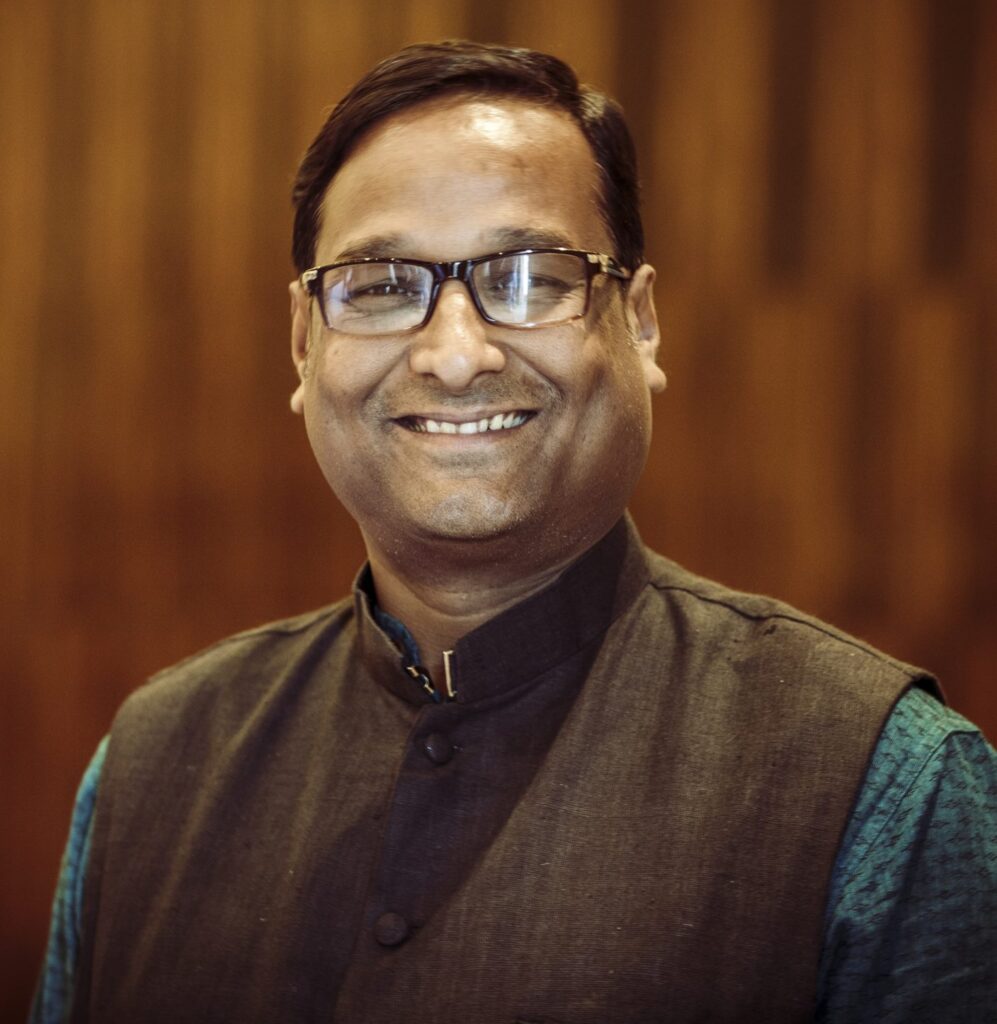The theme of this year’s international women’s day is – an equal world is an enabled world. We tried to imagine a gender-equal world in a rapidly changing climatic context. Anjal Prakash, an IPCC author and teacher of Gender and Development at the Bharti Institute of Public Policy at the Indian School of Business answers some questions how gender features in the impacts of climate change and why achieving gender equality is imperative in coping with climate change.
If climate change is a gendered process, who is most affected – women or men?
It has been recognised that the changing climate is affecting different social groups in a divergent way. These groups are not just divided into women and men, but social hierarchies of caste\class and other factors such as age, economic backgrounds and location. The question of who is most affected by climate change will be answered if we look at the sector that is most affected. Studies tell us that water availability and the agriculture sector are the worst hit. Average agricultural growth across South Asia has been on the decline for many years. Men are migrating to urban locations in search of wage employment and there is an increased feminisation of agricultural labour. Therefore, women are the most affected along with poor landless and marginal farmers.

In most of the policies, women are treated as a social category that doesn’t recognise the intersection with their other identities, roles and responsibilities.
How can we help women affected by a changing climate?
Women and poorer farmers are hit by the more negative climate change impacts because of the lack of resources to fall back on in extreme climatic events. This is primarily due to the issue of access to and control over productive assets. In most of the policies, women are treated as a social category that doesn’t recognise the intersection with their other identities, roles and responsibilities. Granting women property rights over land and household assets is one of the many ways in which we can help them.
What will be message considering the theme of this year – an equal world is an enabled word.
In the context of climate change, inequality is perpetuated by a rapidly changing environment. Most people from the global south have contributed the least to climate change, but still find themselves caught in the middle of the impact. An equal world will be achieved only when the perpetuators of climate change and the ones who are at the receiving end of its impacts have an equal say in the process. Unfortunately, this is not the case.
How can we have an equal world with climate justice for poor men and women?
There is no magic wand, but investing in human resources is a key factor in my opinion. We must work closely with people affected by climate change, seek solutions and include them in the policy making process. Investing in young people and orienting them to work towards the betterment of society in a gender transformative way will also help. I think all curriculums – be it engineering, business or social science – should include climate change issues. It would help create a pool of people who can bring these concerns to the forefront of public policy debates.
About The Author
You may also like
Win for small island states as top maritime court calls GHG emissions a form of marine pollution
Climate warming is altering food webs and carbon flow in high-latitude areas: Study
Rise in temperature leading to increased suicide rates in US, Mexico: Study
Seafood to lose nutritional value due to climate change: Study
14.5 million lives may be lost by 2050 due to climate change: WEF report


